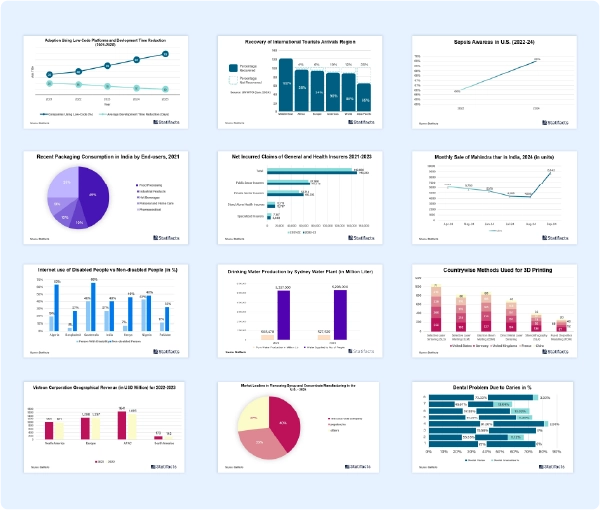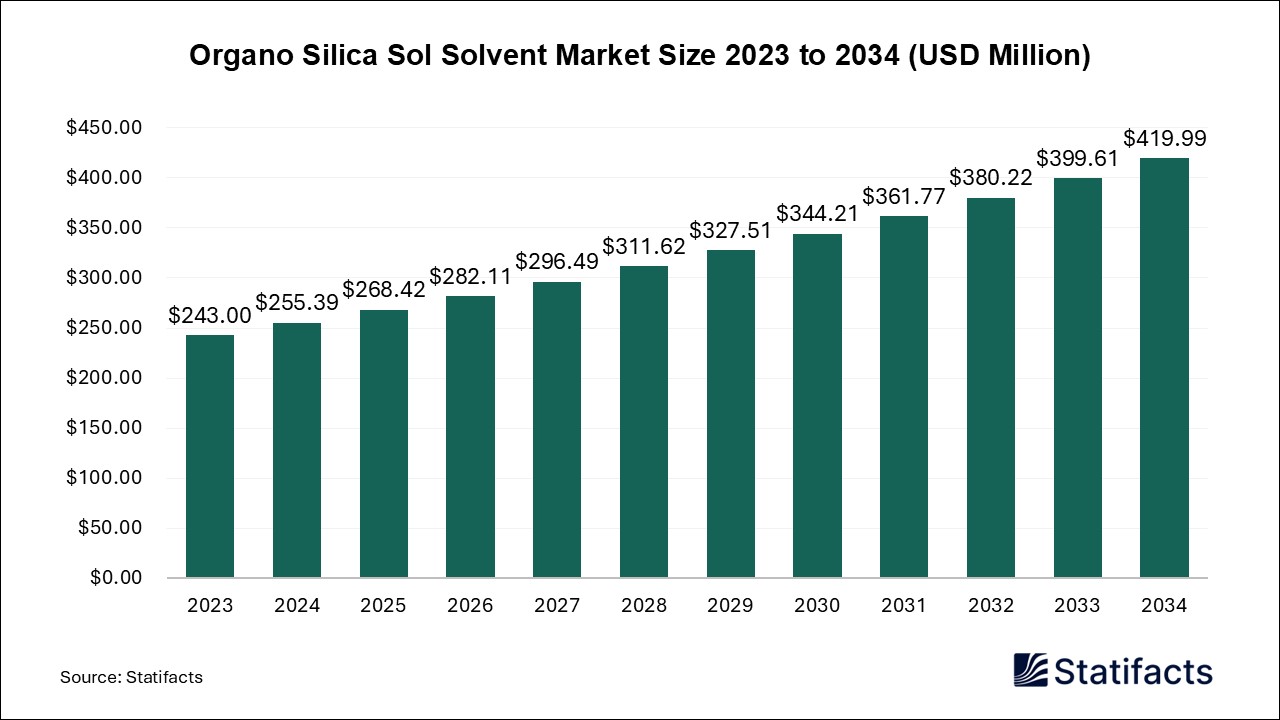

Our customers work more efficiently and benefit from
The global compounding pharmacies market size was valued at USD 13,116 million in 2024 and is predicted to gain around USD 21,775 million by 2034 growing at a CAGR of 5.2% from 2025 to 2034.
| Industry Worth | Details |
| Market Size in 2025 | USD 13,798 Million |
| Market Size by 2034 | USD 21,775 Million |
| Market Growth Rate from 2025 to 2034 | CAGR of 5.2% |
Compounding pharmacies produce personalized medications modified to the particular demands of independent cases. Distant from customary pharmacies that distribute mass-manufactured drugs, these pharmacies mix components to draw up medications that are not economically accessible or to change existing medications to encounter distinctive patient needs. This comprises revamping dosage strengths, additive medicines for tastiness, prohibiting non-crucial elements that may source allergies, or offering substitute forms of medications, like gel creams, for sufferers who have strain swallowing pills.
The increasing need for personalized medicine is boosting the growth of the compounding pharmacies market. Personalized medicine targets to raise the safety and effectiveness of medications by modifying them to each patient's unique demands. Patients with specific demands, such as allergies and intolerance to few substances, medication for rare genetic disorders, and others, need compounded medications dispensed for specific conditions. Further, compounded pharmacies are used to offer access to some discontinued medications, primarily due to advantages such as commercial scaling.
The growing idea about critical health-linked concerns such as acute depression, erectile longevity, osteoporosis, mood swings, and breast/bone health has increased the need for compounded hormone replacement therapy. It is worth featuring here that the increasing incidence of unhealthy lifestyle-associated disorders like obesity, depression, hormonal issues, fertility-related problems, and stress has further escalated the need for hormonal replacement therapy medication. Consequently, active pharmaceutical ingredients like estradiol, progesterone, estrogen, testosterone, and other hormonal combinations are used in treating lifestyle-associated disorders.
As the demand for combinational hormone replacement therapies increases with growing applications, the compounding pharmacies market is expected to grow at a steady pace. Compounding pharmacies can also help connect the gap during medication deficiencies or discontinuations. By making equivalent formulations, they verify patients continue receiving the therapies they require without intrusion. This capability is mainly beneficial for rare or niche medicines that may no longer be commercially available.
Compounding is executed on a vast scale; such inaccuracy may adversely impact most patients. Printed reports of individual testing by the state agencies, FDA, and others persistently showcase that these drugs stop encounter specifications at a noticeably inflated rate than FDA-accepted drugs. These sterile constructions constitute the subsidiary risk of microbial contamination to individuals. For the last 11 years, three separate meningitis breakouts have been discovered to supposedly ‘sterile’ injections polluted with bacteria or fungus, which were manufactured by these pharmacies.
AI algorithms can accurately measure and dispense drug elements, ensuring consistency and accuracy in the final product. This decreases the likelihood of dosage errors extending the patient. AI-driven systems can invariably monitor the compounding procedure, determining and correcting blunders before they become a threat to patient safety. AI can determine historical data to detect trends and patterns, allowing continuous enhancement in the compounding process and decreasing the risk of future errors. Robots furnished with AI can automate routine tasks like prescription filling and some packaging, permitting pharmacy staff to aim at more complex and patient-centric pursuits. Even with some features of personalized compounding, AI can assist in automating some tasks.
These outfits connect gaps in individual care by offering medications unprocurable in the compounding pharmacies market. Desist drugs are not prolonged mass-manufactured and remain vital for specific patients. Drugs modified for rarest situations that do not entice mass-scale medical investment due to restricted size. By personalizing therapies, these pharmacies certify no patient is ignored, mainly in underprivileged populations.
During spells of drug deficiency or public healthcare crises, these pharmacies play a crucial role in managing the approach to important medications. Compounding pharmacies developed options for drugs that are in less supply, like sedatives. As per unanticipated supply chain disturbance, they swiftly respond by constructing miniature-batch formulations to meet urgent demands. This flexibility offers a safety net for healthcare systems and guarantees continuity of care.
Published by Kesiya Chacko , March 2025
For any questions about this dataset or to discuss customization options, please write to us at sales@statifacts.com
| Stats ID: | 8093 |
| Format: | Databook |
| Published: | March 2025 |
| Delivery: | Immediate |
| Price | US$ 1550 |


| Stats ID: | 8093 |
| Format: | Databook |
| Published: | March 2025 |
| Delivery: | Immediate |
| Price | US$ 1550 |

You will receive an email from our Business Development Manager. Please be sure to check your SPAM/JUNK folder too.

Unlock unlimited access to all exclusive market research reports, empowering your business.
Get industry insights at the most affordable plan
Stay ahead of the competition with comprehensive, actionable intelligence at your fingertips!
Learn More Download
Download
